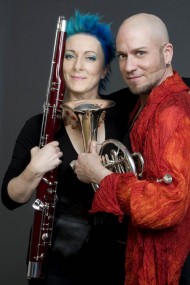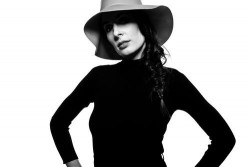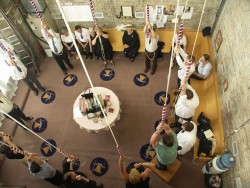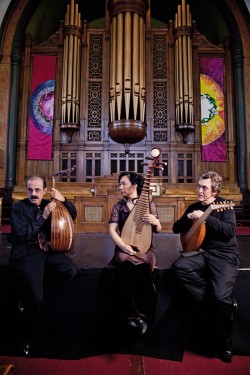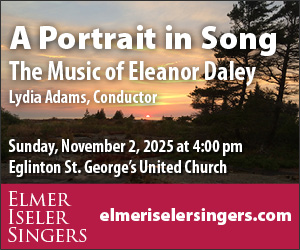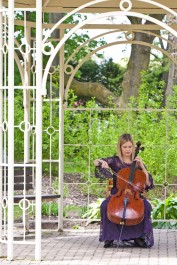 To some people, Winona Zelenka is the cellist who sits at the head of her section in the Toronto Symphony Orchestra. Perhaps to others, she’s the cellist whose performances of Bach’s cello suites have become annual events at Toronto’s Music Garden. These activities are all part of a delicate balancing act, combining her orchestral playing with her love of chamber and solo repertoire. And as far as she’s concerned, that’s as it should be.
To some people, Winona Zelenka is the cellist who sits at the head of her section in the Toronto Symphony Orchestra. Perhaps to others, she’s the cellist whose performances of Bach’s cello suites have become annual events at Toronto’s Music Garden. These activities are all part of a delicate balancing act, combining her orchestral playing with her love of chamber and solo repertoire. And as far as she’s concerned, that’s as it should be.
“I think it’s essential for an orchestral string player to do other things: solo or chamber music,” observes the 43-year-old musician over lunch. “In an orchestra you don’t always hear yourself well enough, and things get out of place. If orchestral playing was all that I did, I don’t think my playing would be in great shape.” She pauses, and then adds, “It’s different for the winds and brass – maybe they’re just louder!”
Yet like all balancing acts, Zelenka’s musical life is never quite in perfect equilibrium: due to a mix of external forces and her own shifting interests, she’ll lean a little bit, sometimes in one direction, sometimes in another. Currently, she’s realigning her musical balance once again, thanks to some significant developments in her career.
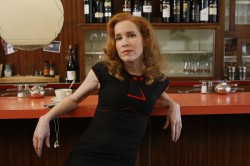 Courage, strength and wonder: three little words that merely scratch the surface of Alex Pangman’s inspirational story. But before going into details concerning her health and heroism, here’s a prelude to her music.
Courage, strength and wonder: three little words that merely scratch the surface of Alex Pangman’s inspirational story. But before going into details concerning her health and heroism, here’s a prelude to her music.

